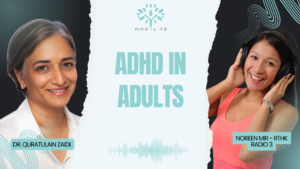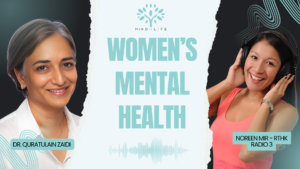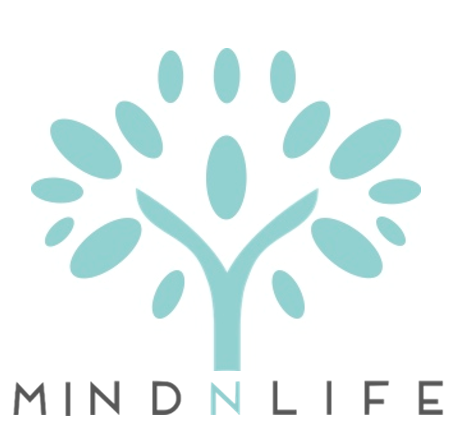Elaborating on the physical pain we can experience following the death of a loved one and how we can ease it.
Losing a loved one can trigger overwhelming emotional pain. The intensity of our distress in response to losing a loved one activates physiological processes in our bodies related to stress and survival. Thus, emotional pain can be accompanied by intense physical symptoms. These can range from physical discomfort over physical changes to physical illness. Despite being part of the expected grieving process, these physical responses can be debilitating.
Please note, it is important to get a medical check for any new symptoms you may notice in order to rule out any physical health issues that may have arisen independent from the loss and grief.
Here are some of the common physical manifestations of grief.
- Chest pain, ache, burn or emptiness
- Racing or irregular heart rate
- Stomach pain and digestive issues
- Nausea or light-headedness
- Changes in appetite or eating habits
- Insomnia and changes in sleep patterns
- Fatigue
- Muscle aches
- Joint pain
- Headaches or migraines
- Skeletal pain
- Low immunity increasing susceptibility to bacteria and viruses
- Exacerbation or flare-up of chronic health conditions
- Weight gain or weight loss
- Skin changes
It is important for us to look after our bodies and nourish them as much as we can while we are in grief and mourning. This may feel counterintuitive or even impossible in the tidal wave of grief. It’s alright to ask for help from others when we need it.
Here are some ways to protect our bodies during grief:
Eat Nutritious Food – In grief, we may have no appetite at all or be drawn to unhealthy comfort foods. Neither of these are good or nourishing for our bodies. It can be useful to get help from loved ones with meal preparation or planning. That way we can make or order meals in advance that provide us with essential nutrients and do not need to exert extra energy trying to come up with something on the spot. When there is no appetite, small healthy snacks can get us through the day. If appropriate, it can also be beneficial to discuss supplements with our medical provider to ensure our bodies get what they need in this time of recovery.
Rest – Grief can interfere with our sleep cycles and we may feel continuously fatigued. It is important to set up a regular routine to ensure we get sufficient rest. This can include minimizing distractions and media (e.g. TV, emails, social media) before bed, creating a dark environment in the bedroom, and doing mindfulness or breathing exercises to help the body calm down.
Balanced Exercise – This may be the last thing on our minds when we are mourning the death of a loved one. Or perhaps we have obsessively thrown ourselves into our work-outs to get a reprieve from the emotional pain. It is important not to become inactive during grief, but also not to overly strain our bodies. It is beneficial to maintain the same exercise routine as before our loss or find a new balanced exercise routine in which we can take it a bit easier while remaining active. Aiming for 30-mins of gentle daily exercise can be a good goal during the initial or more challenging stages of the grieving process. That can include taking a walk, doing yoga, doing some bodyweight exercises, or dancing to music. We can benefit from doing exercise with a friend to keep us motivated and also buffer us from the effects of isolation that grief can have.
Listen to our Bodies – It is crucial to observe our bodies and physical sensations during grief. Recognizing how our body feels helps us to understand what our body needs. What cravings do we have? What aches or discomfort do we have? What would feel good? This is the time to step back, listen to our bodies, nourish our bodies, and prioritize what they need.
Article written by Dr Esslin Terrighena
Psychotherapy and grief counselling can be powerful and effective when navigating physical symptoms. If you have experienced loss and would like some guidance through the grieving process, please book a consultation by calling (852) 2521 4668 or email [email protected].







